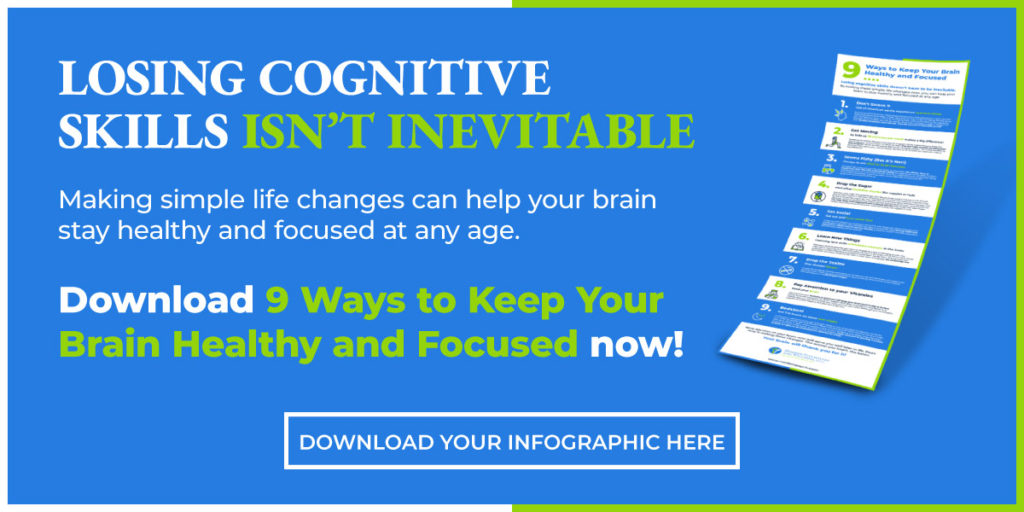When it comes to your career, expecting perfection with every task can cause more harm than good. Employers do not expect you to be perfect and understand that mistakes will be made throughout your career. However, how you handle your mistakes can be a big indicator of the kind of coworker and person you are. Defensiveness when a mistake is made or defensiveness, when someone thinks you have made a mistake, is not the best way to handle a situation and can ultimately ruin your personal and work relationships.
So how do you improve this behavior and fix these work relationships? In this blog, we will talk about the negative effects of defensiveness and its impact on your relationships and as well as how to repair your workplace and personal relationships.
Learn to Overcome Your Fears and Worry with our eBook
The Harmful Effects of Defensiveness
Bad Listening Skills
Defensiveness makes you a bad listener because you’re not focusing on the other person or what they’re trying to say. When you’re defensive, you’re only thinking about what to say next in order to prove a point.
Worsens Connections with Others
When you’re defensive in conversations, this can stop connection with others because people will either become defensive in return or just start agreeing with you to stop the fight. When connecting with someone, it is about creating a space where each of you can be yourselves without fear or judgment of what the other person will say. Defensiveness harms connections because it leaves judgment and ill feelings following conversations.
Necessary Belief to be Right
If you’re feeling defensive, do you know what causes it? For some, defensiveness stems from the belief that you need to be right about everything. Deep down we might have unconscious beliefs, generally from childhood, that are wrong, bad, or generally not good enough. However, these feelings do not have to come out in conversations and affect your friendships and connections with coworkers.
Stifles Relationship Growth
Similar to connection, defensiveness can also stifle relationship growth. Relationships do not grow and mature because we do everything right. Relationships grow when we make mistakes, recognize them, and work together with the other person to find a way to resolve the issue and move forward. Without the ability to recognize and accept these mistakes as growth points, it can be difficult to grow relationships.
Playing the Victim
Defensiveness ensures that you are throwing away your own personal power and efficacy. When you believe that others are doing you wrong, putting you down – you are willingly playing the victim and losing your sense of self-identity. But, it doesn’t have to be this way. We must make choices and take responsibility in all situations.
Loneliness
As you continue to be defensive in your relationships, people will begin to back off, stop communicating and leave the relationship. By learning to understand other’s viewpoints, it can begin to open your perspective and understanding of the world around you.
The Effects on Work Relationships
With constant defensiveness, it can lead to bad supervision, worsen personal and work relationships, and can become toxic when not addressed. Defensiveness leads to a black and white perspective as well as communication and listening issues. When present in the workplace, it forces staff to take sides with one side or the other (i.e., you or upper management). In the long run, it may just lead to them being scared of you, or afraid to turn to you when they need you most.

How to Combat Defensiveness
To combat defensiveness, individuals can learn to apologize. Here are the 6 A’s of a proper apology:
- Admit you made a mistake
- Apologize
- Acknowledge what you did wrong
- Attest to your plan to fix the mistake
- Assure that you have a plan to avoid making the same mistake
- Abstain – Do not repeat the same mistake
People who master the art of the 6 A’s usually gain more trust and respect from others find that others forgive them quicker, and are more likely to offer them a second chance. It is not the making of the mistake that is generally the problem; it is what you do with it afterward that really counts. It takes courage to admit you made a mistake.
How to Acknowledge Mistakes
Great leaders allow people the freedom to make mistakes. When good employees make mistakes, they:
- Learn from them – no defensiveness
- Own them-acknowledge them
- Fix them – communicate progress
- Put safeguards in place so they do not make the same mistake twice – learn from the mistake, teach others
- Do not repeat the same mistakes
At Modern Psychiatry and Wellness, our team understands that making a mistake is okay, as long as it was an honest mistake made in an effort of doing the right thing. Our team believes in helping one another to fix the mistake. However, when the same mistake is made a second time, it is the individual’s personal responsibility to make it right.
As humans, we all make mistakes. It’s a fact of life. As you continue down your career path, we encourage you to take every mistake that you make to heart and look for ways to improve yourself.


